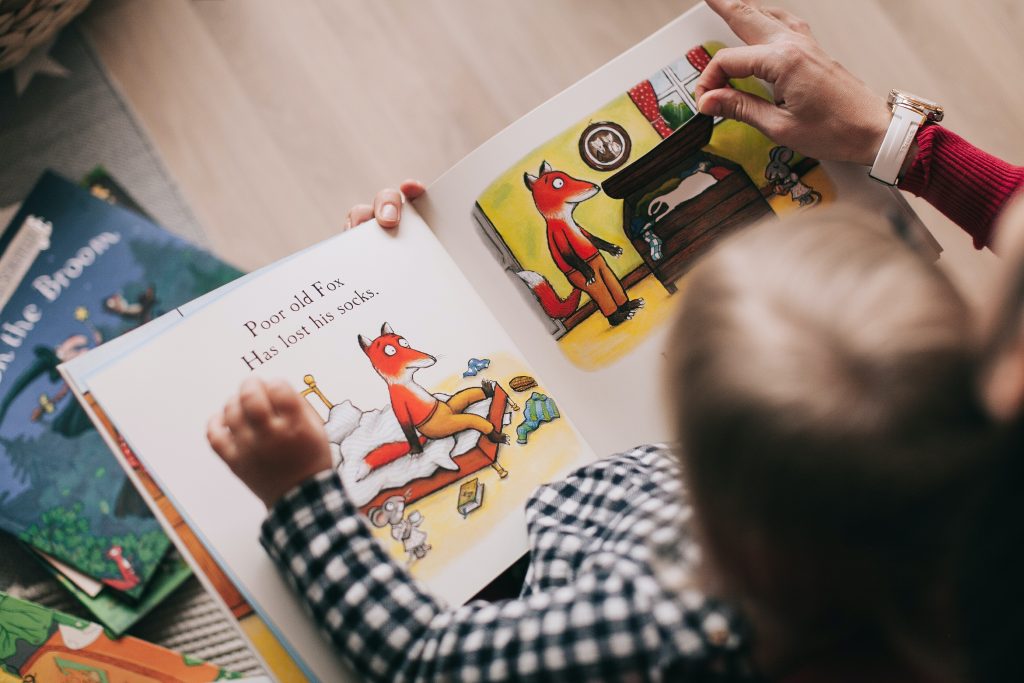On April 14, 2020, Gov. Tate Reeves announced his decision to keep Mississippi schools closed for the remainder of the 2019-2020 school year (www.mdek12.org/COVID19). Of course, this decision was meant to prevent the spread of COVID-19. As parents, we may be wondering what do we do with our kids during this time? Do we work on educating them? How do we educate them? I have a preschooler, and I do not know the first thing about how to teach her. She may need to be learning letter sounds, but I do not know how best to teach that to her.
As a parent, you might feel as if you are going crazy with having your kids home all the time or stressing about homeschooling them. You might also wonder if your kids will fall behind if you do not help educate them. Rest assured, there are things you can do as a parent to help your children learn without going “stir crazy” or becoming overwhelmed. This article, though, will focus on preschool and elementary age children.
Tips for Encouraging Your Child’s Learning
1. Contact your child’s school, school district, or teacher if possible. Given that my child is in preschool, it is easy for me to email the director and ask her what I can be working on with my daughter. It may be that we work on letter sounds or prewriting. There may even be packets that teachers can send to you. Reach out and find out what possibilities are available. Homeschooling might be as simple as supporting the teacher’s efforts.
2. Play is just as important as academic skills. Try not to focus all of your time helping your child learn academic skills. Children learn creativity, as they use their imaginations. For example, a child might problem-solve “how to build a bridge, so they can cross the hot lava in the living room.” Also, young children start to understand symbolism when they play. For example, children learn that ordinary objects can stand for something else. Thus, play is important for so many skills and aspects of development. For more information on the benefits of play, see this website: The importance of play for cognitive-development.
You can always play games or encourage indoor or outdoor play. If you have a highly energetic child, try these 87 Energy Busting Indoor Activities.
3. Consider your child’s mental health. Your child might be at an age that they are scared or fearful that a virus is killing a lot of people. Thus, this may make it even more important that your flexible in your schedule at home and take time to nurture your child’s mental health. If you might need more resources, don’t hesitate to check out The Child Mind Institute’s website here: Coping during COVID 19. You can request an appointment to speak with a clinician.
4. Check out free educational resources on the web. This website has lots of educational resources: 50 free educational resources to use online/. For example, there are lots of virtual field trips from taking a trip to see the Great Wall of China to Yellowstone National Park.
5. Find Age-Appropriate Educational Activities/Crafts. For example, try these educational activities for preschoolers.
For a more comprehensive guide of activities, check out this website: Educational activities for preschool and elementary age kids.
6. Read. Any child can benefit from your reading to them. Or if your child is able, encourage them to read. Reading has many benefits from learning new words and concepts, as well as enhancing one’s attention span. Need ideas on where to find free books? Check out this website: Thepennyhoarder-Free Books for Kids.

7. Take Breaks. In terms of how much time should be spent on homeschooling, the “general rule of thumb spent homeschooling is 15 minutes for each year of a child’s life” (The NY Post, 2020). So, a 5-year-old would spend 75 minutes a day on homeschooling. That being said, you can take breaks within those 75 minutes.
I know, as parents, we want this quarantine to end and for things to return to normal. We may stress about “suddenly becoming educators.” Needless to say, there are positives to this. We may build strong connections with our children during this time. Your children are also learning things that may not have learned while in school. You got this mom and dad!